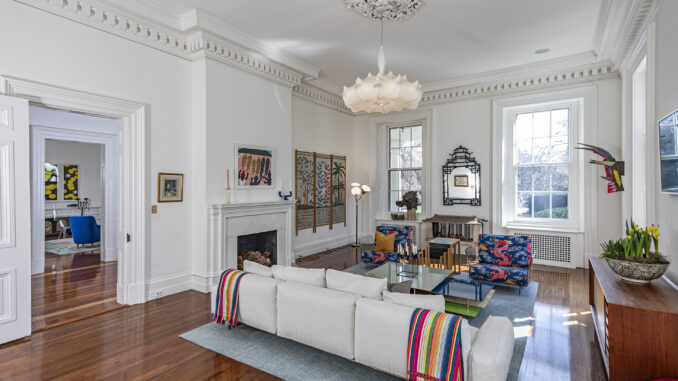
The White House might not be up for grabs, but another presidential palace is on the market in New Jersey.
The last home of Grover Cleveland, the only president to serve two non-consecutive terms, is seeking a new owner for $5.95 million, NorthJersey.com reported.
Located at 15 Hodge Road in the Ivy League town of Princeton, New Jersey, this estate was handpicked by Cleveland’s wife, Frances, after the couple decided to settle there in 1896.
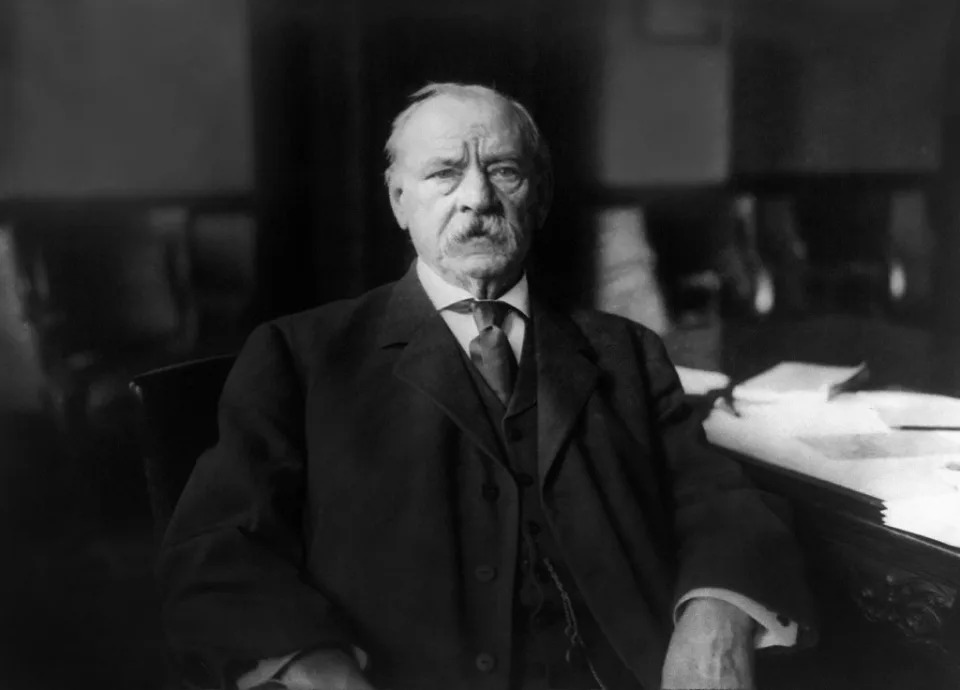
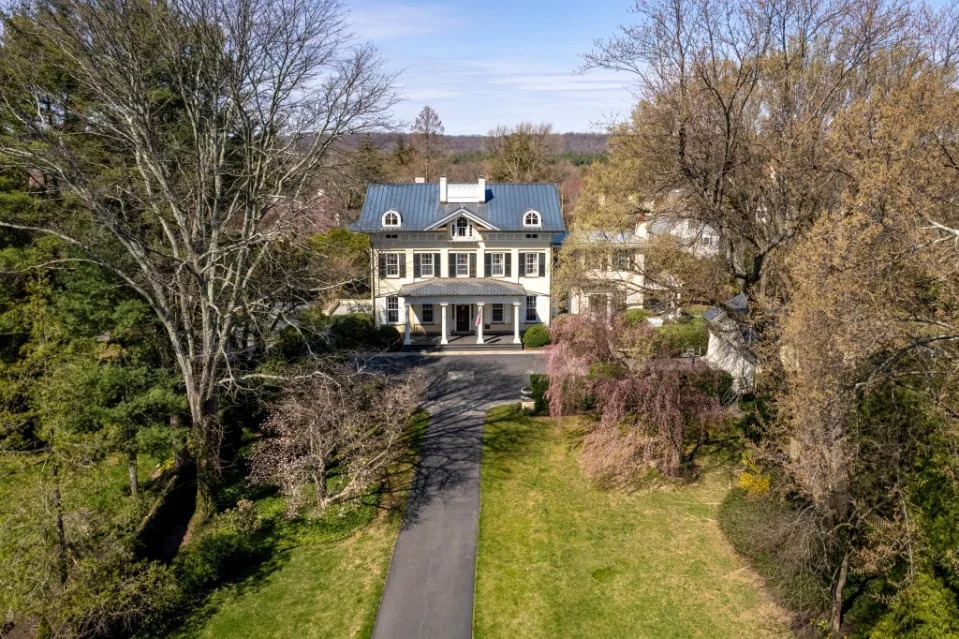
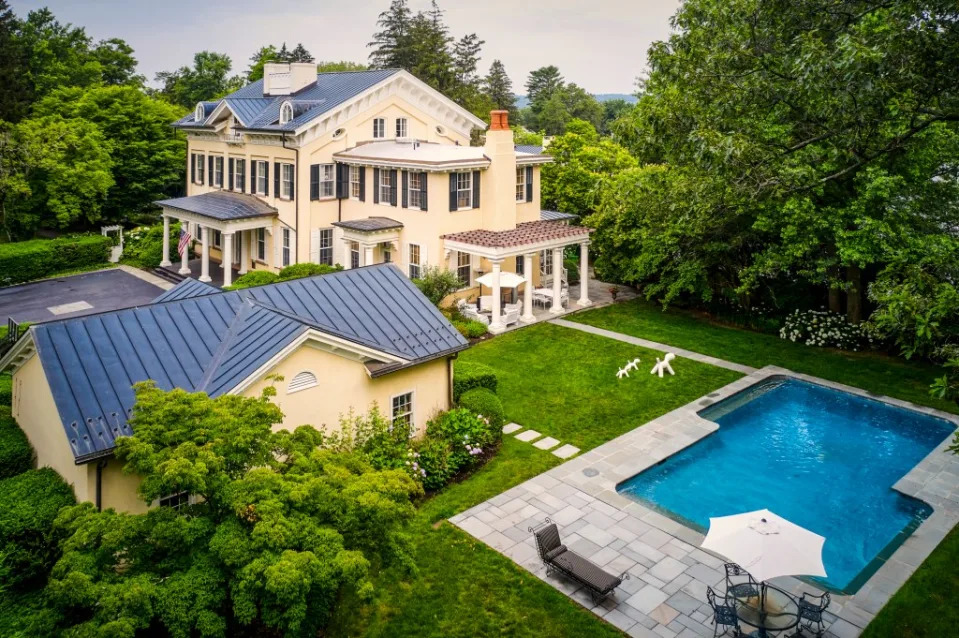
Cleveland, the Caldwell, New Jersey-born commander-in-chief, dubbed the mansion “Westland” to honor his good friend, Princeton University Professor Andrew F. West.
Built in 1854, the mansion boasts “incredible architecture, tall ceilings and wonderful natural light,” listing agent Maura Mills from Callaway Henderson Sotheby’s International-Princeton told the outlet.
“Its comfortable floor plan is every bit as conducive to modern living as it is to grand entertaining,” Mills added.
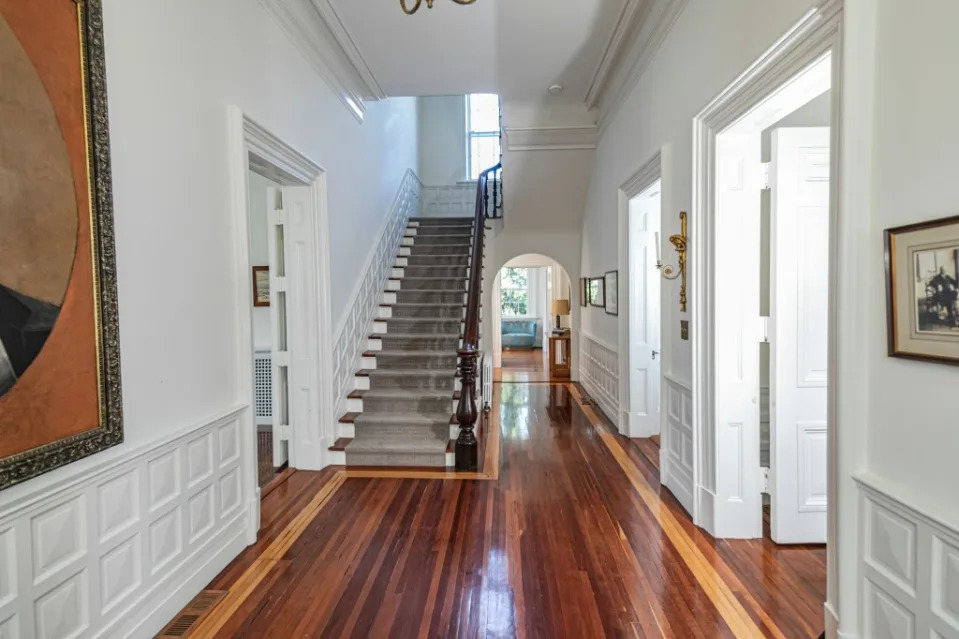
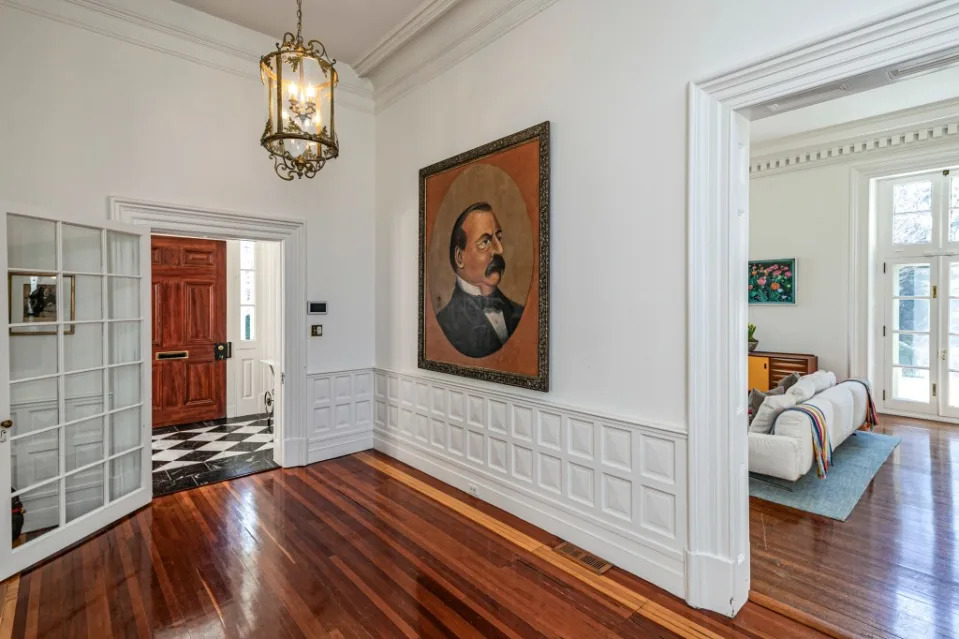
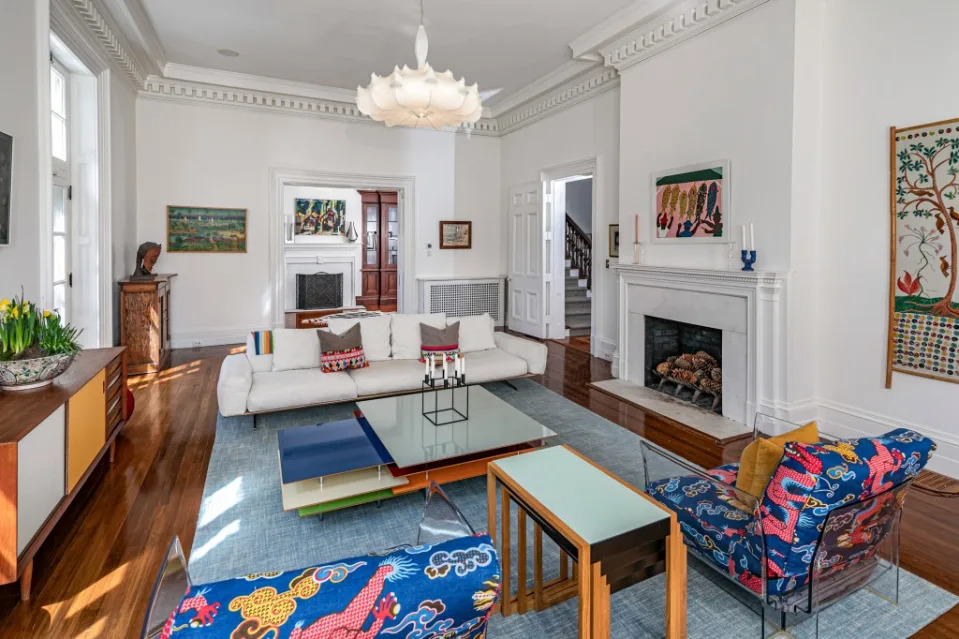
But this isn’t just any old house; it’s a National Historic Landmark. Originally the home of US Navy Commodore Robert F. Stockton, a Princeton native and US Senator, Westland has quite the pedigree.
Cleveland, born in 1837, broke ground as the first Democrat president post-Civil War. His post-presidency pad, built to mirror another local gem, “Morven,” was his abode from 1897 until his death in 1908.
Cleveland added his own touch to Westland, including a two-story wing with extra bedrooms and his prized billiards room. But the house evolved even further over the years. Part of it was even moved to form a new house at the rear of the property.
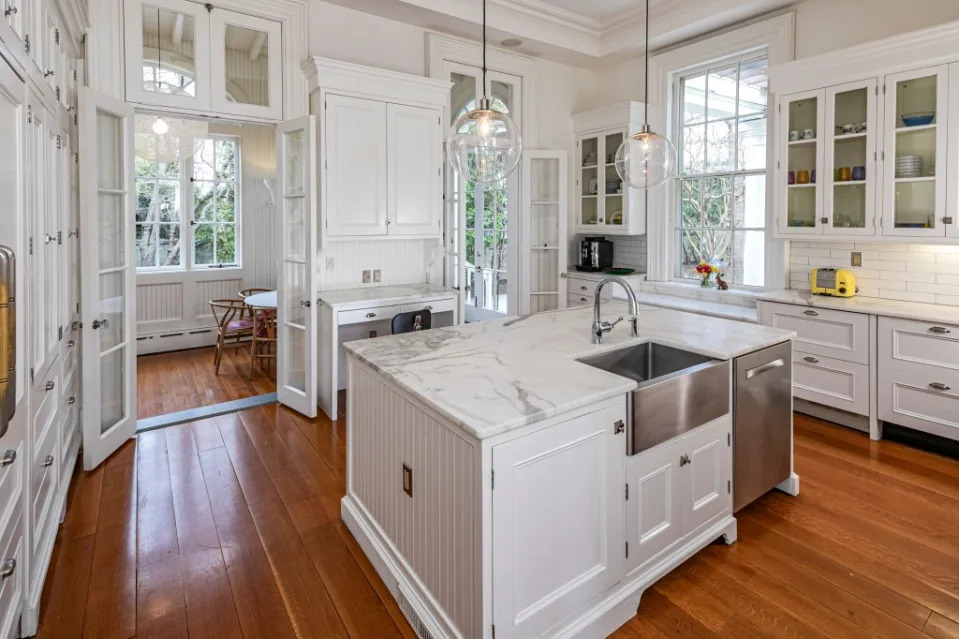
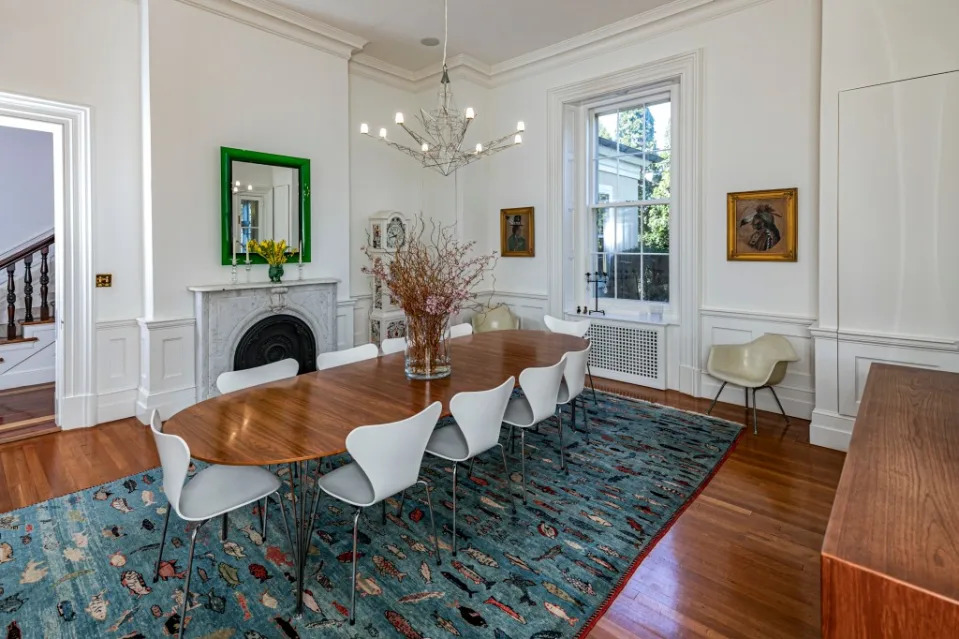
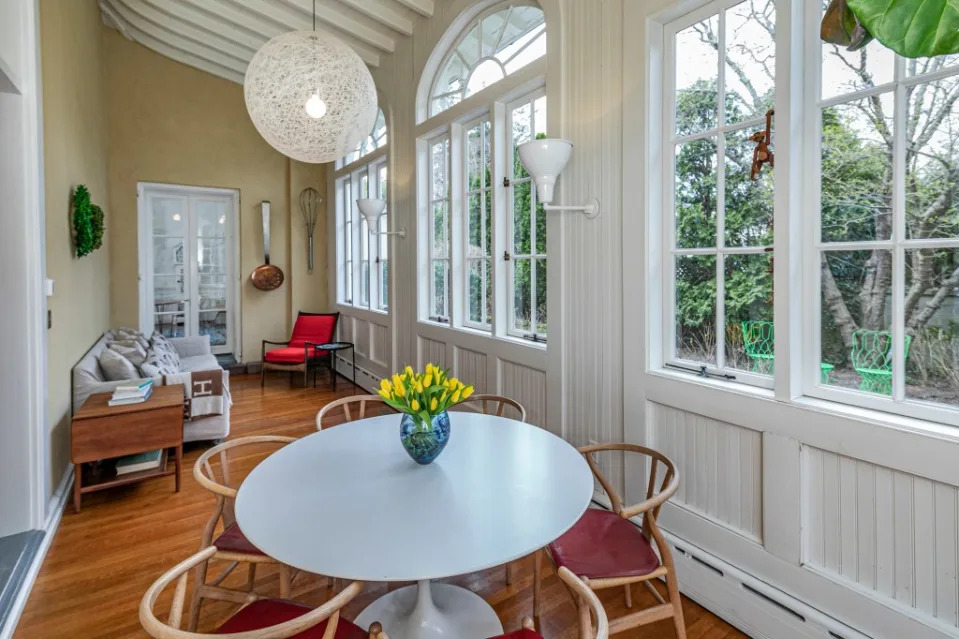
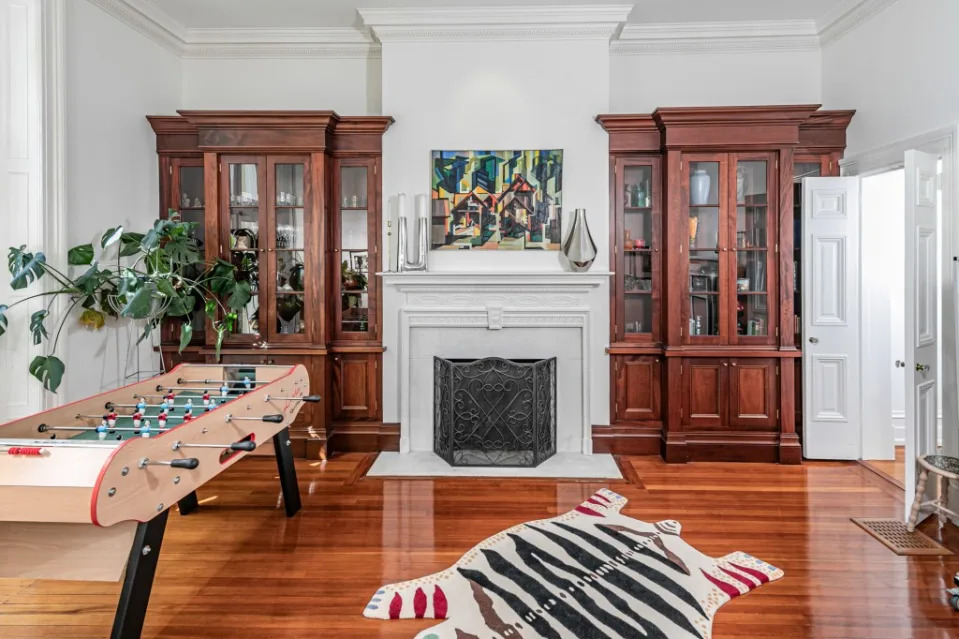
Sprawling over 1.6 acres, Westland holds six bedrooms and seven bathrooms. It features twin parlors, and a manicured backyard with gardens, stone patios and an inground pool.
The 2.5-story stucco house sports a yellow exterior with white trim — while inside, white walls, paneling, and trim contrast beautifully with stained hardwood floors. Plus, modern updates like a contemporary kitchen and bathrooms ensure modern comforts.
After leaving the presidency in 1897, Cleveland avoided the fanfare and went to Cape Charles, Virginia, before heading to his new Princeton home in late March. He dove right into local life, attending University Chapel services, hosting card games with professors and even enjoying serenades from university students on his birthday.
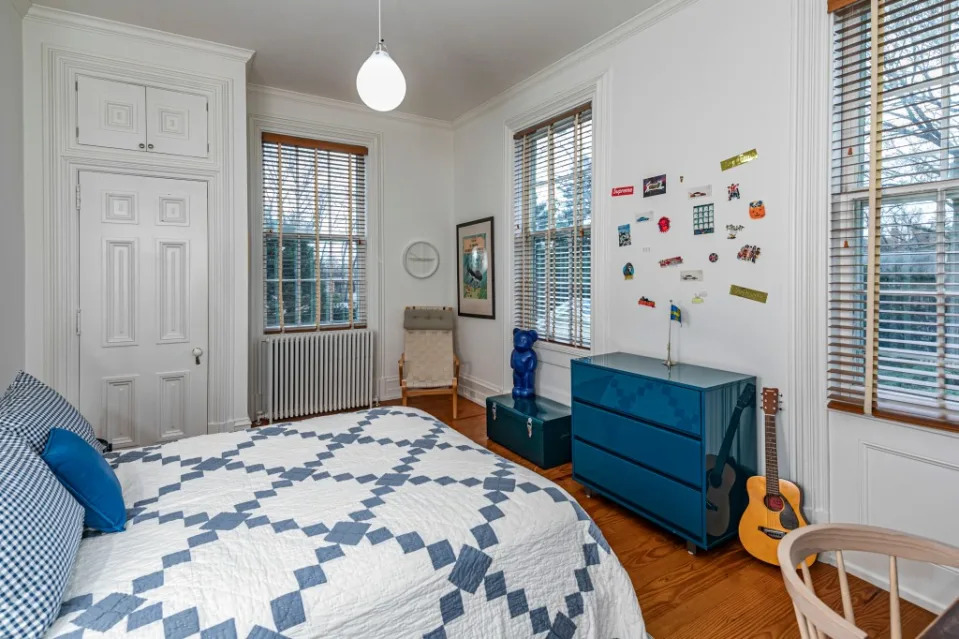
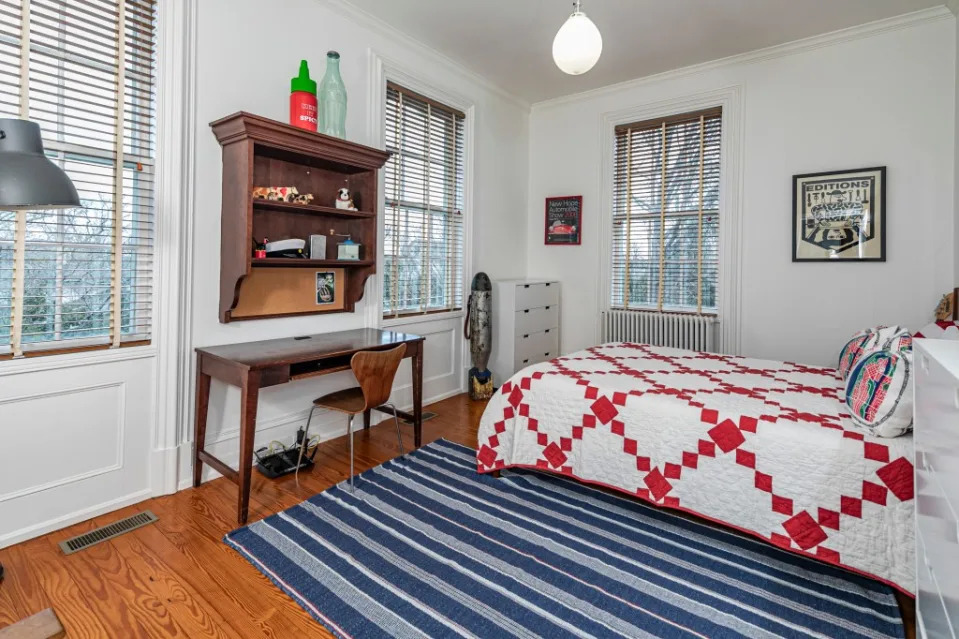
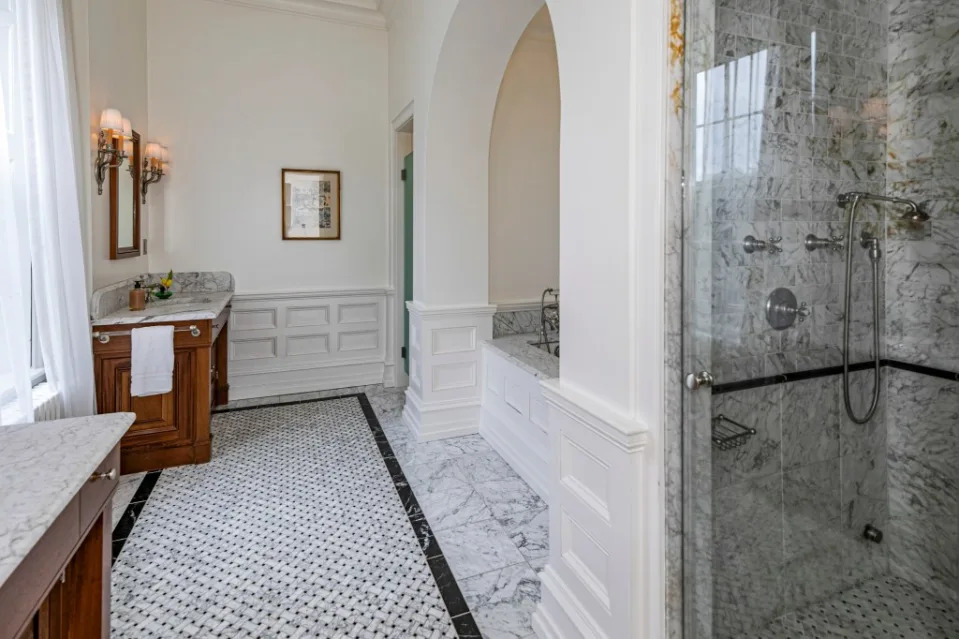
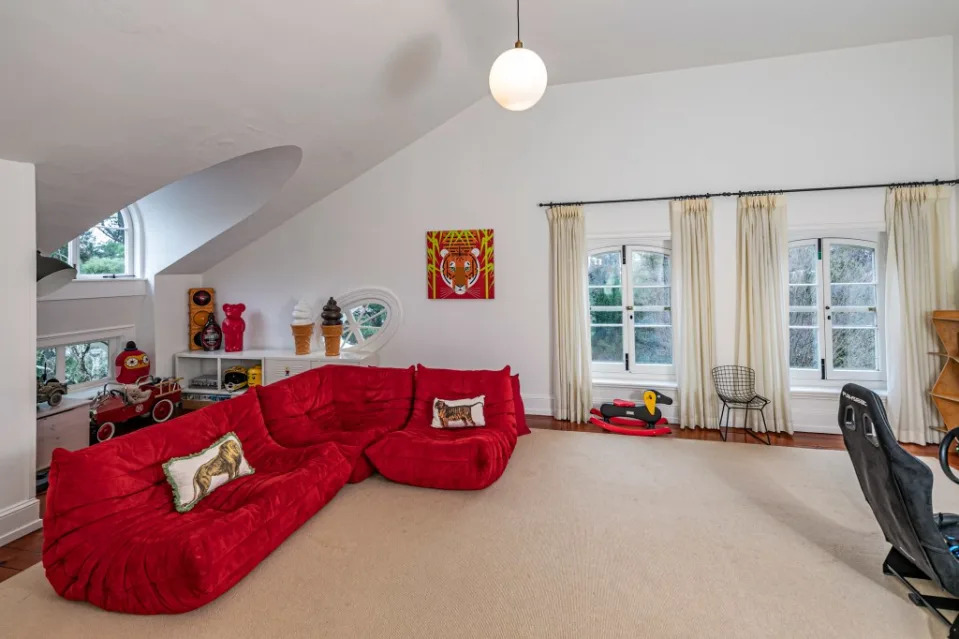
Cleveland’s early life was no less interesting. Born to a Presbyterian minister, he left school to support his family after his father’s death, eventually becoming a lawyer. His political career soared quickly—he was Erie County sheriff, Buffalo’s mayor, and New York’s governor before landing in the White House in 1885.
Cleveland’s presidency was marked by a no-nonsense approach, blocking special favors for economic groups and pushing for lower tariffs, which may have cost him reelection in 1888. He returned triumphantly four years later, only to face a severe economic depression that marred his second term.



